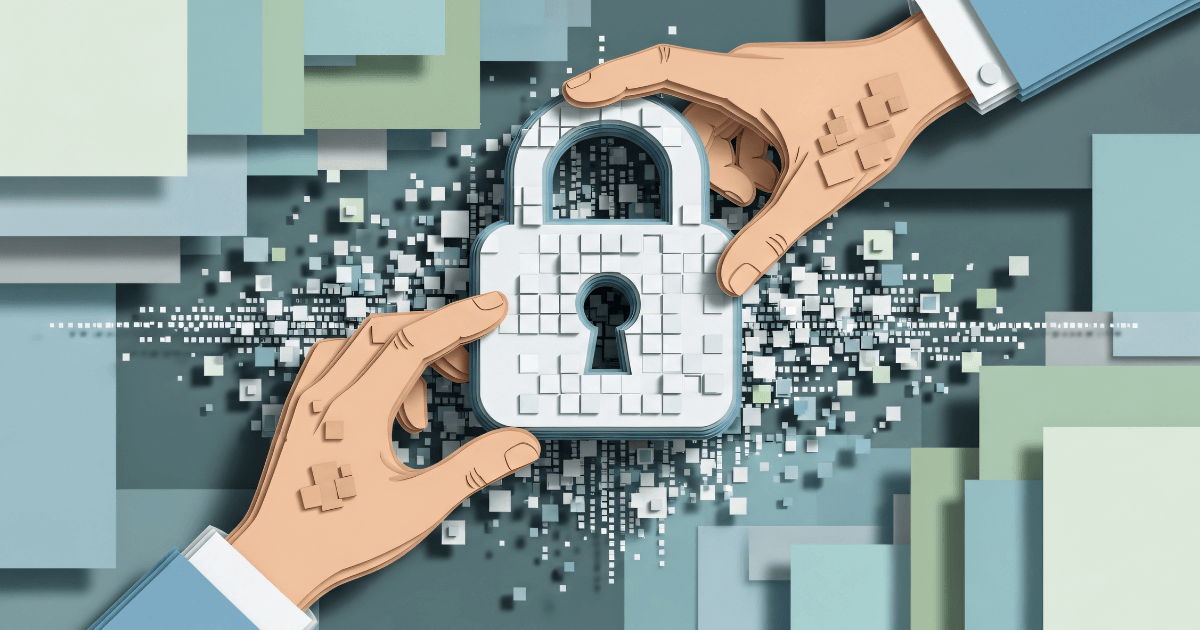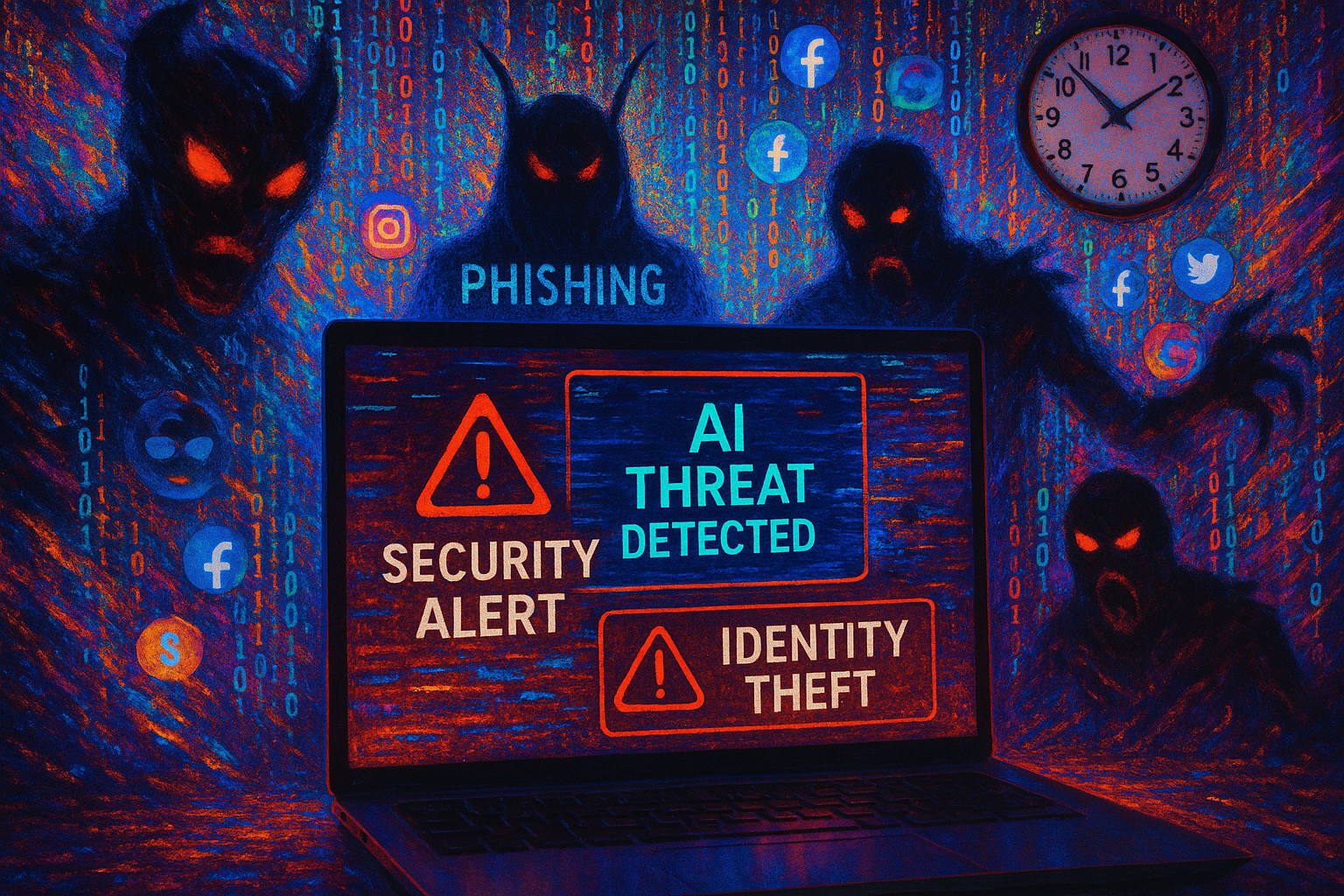5 min read
Meeting the New, AI-Enabled Face of Risk
When we introduced our OmniNet Bridge solution in 2014—known to many of you as My Digital Shield—it represented the next generation of network...

 You've received a letter from your bank or a business that you’ve patronized. There’s been a data breach. Your personal information – credit card, birthday, address, etc. – is now in the hands of malicious hackers.
You've received a letter from your bank or a business that you’ve patronized. There’s been a data breach. Your personal information – credit card, birthday, address, etc. – is now in the hands of malicious hackers.
Will they sell it? Use it to steal your identity, wreck your credit, drain your bank account? What should you do now? How can you protect yourself, your property, and your good name?
While you are probably not responsible for any charges on your credit card, you will want to monitor the compromised account, along with your other accounts, for at least a year.
The company whose network was breached will almost certainly offer you free access to a credit monitoring service. Take advantage of it. Keep an eye out for any charges that you did not authorize, even charges for seemingly trivial amounts. Hackers often charge small amounts on stolen credit or debit cards to gauge whether the account information is still valid before they escalate to purchasing big ticket items or selling the account details to another criminal.
If you are the victim of a data breach, you may be a target for a long time. You need to protect your computer and mobile devices. The stolen data from mega-breaches like JPMorgan is often curated until the perpetrators have just enough personal information to invade the victim’s personal computer or mobile device. The offenders will then proceed to steal, spy and extort from the private information we store on our personal devices today.
Secure every device with real-time protection from viruses, intruders, browsers, and unauthorized applications. Use a trusted, tested antivirus solution that protects you against known and just emerging threats.
Change your passwords after you have been the victim of a data breach, and don’t use the same passwords on all of your accounts. If you reuse passwords and a cyber criminal gets access to one account’s password, he has easy access to all of your accounts. Don’t make it easy for them. And don’t think that by changing a tiny bit of your password, you’re safe. This is a well-known trick, and hackers long ago figured out how to easily work around this so-called defense.
Some data breaches aren’t as blatant as the Home Depot or Target hacks, they are so subtle we don’t realize we’ve given our personal data away for a free service. A recent study by the Pew Research Center found that while 90% of Americans feel they have lost control of their personal data online, 55% are willing to share information about themselves with companies in exchange for free services such as email.
Don't fall victim to your "free" email account. These email accounts pay for themselves by sucking your data and selling it, turning you from a customer to a product for sale. Creating a personal web domain is easy, inexpensive, and can last for generations, acting as a digital safe room for the whole family. With a private, family digital domain you create your own rules, like eliminating IP tracking and metadata and utilizing an ultra-secure email service.
Be proactive about securing your identity and protecting personal data. You – and easy-to-use solutions such as antivirus software and personal domains – are your own best defense against cybercrime and cyber-exploitation.

5 min read
When we introduced our OmniNet Bridge solution in 2014—known to many of you as My Digital Shield—it represented the next generation of network...

9 min read
Over the past decade writing these letters, I’ve made it my mission to help you navigate the digital age with confidence and resilience. If I have...

4 min read
For generations, family offices and ultra-high net worth families have mastered the art of estate planning — preserving wealth, ensuring succession,...